General Information about Singapore
Switzerland is one of the most developed countries in the world, with the highest nominal wealth per adult and the eighth-highest per capita gross domestic product according to the IMF. Switzerland ranks at or near the top globally in several metrics of national performance, including government transparency, civil liberties, quality of life, economic competitiveness, and human development. Zürich and Geneva have each been ranked among the top cities in the world in terms of quality of life, with the former ranked second globally, according to Mercer.
The Swiss climate is generally temperate but can vary greatly between the localities, from glacial conditions on the mountaintops to the often pleasant near Mediterranean climate at Switzerland’s southern tip. There are some valley areas in the southern part of Switzerland where some cold-hardy palm trees are found. Summers tend to be warm and humid at times with periodic rainfall so they are ideal for pastures and grazing. The less humid winters in the mountains may see long intervals of stable conditions for weeks, while the lower lands tend to suffer from inversion, during these periods, thus seeing no sun for weeks.
Switzerland’s ecosystems can be particularly fragile because the many delicate valleys separated by high mountains often forming unique ecologies. The mountainous regions themselves are also vulnerable, with a rich range of plants not found at other altitudes, and experience some pressure from visitors and grazing. The climatic, geological and topographical conditions of the alpine region make for a very fragile ecosystem that is particularly sensitive to climate change.
Possible extensions/alternatives
– Half-day city tour of Lucerne
– Stay in Lucerne or Engelberg
– Overnight in Zürich before/after tour
– Overnight in Geneva before/after tour

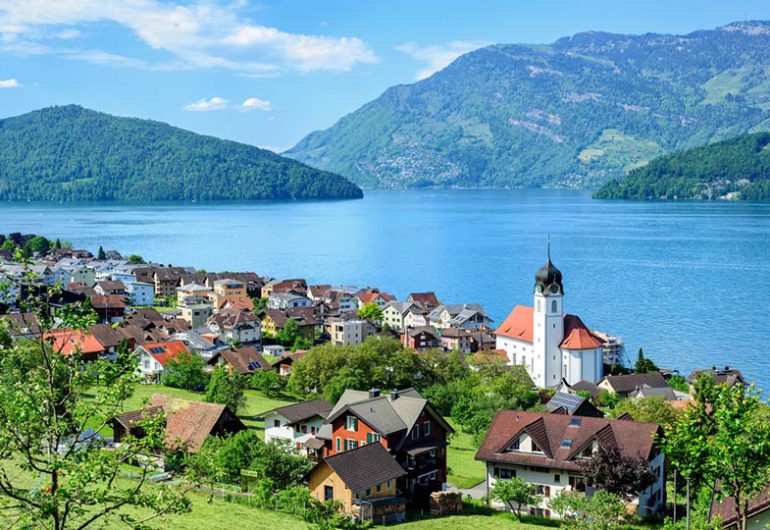
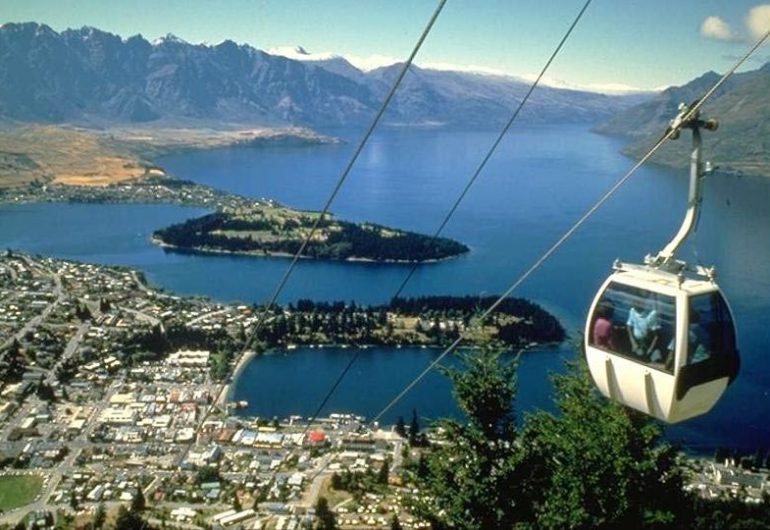

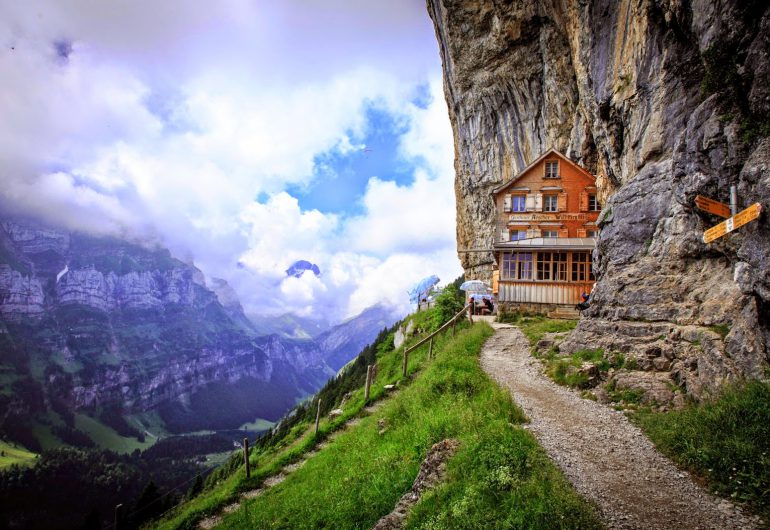
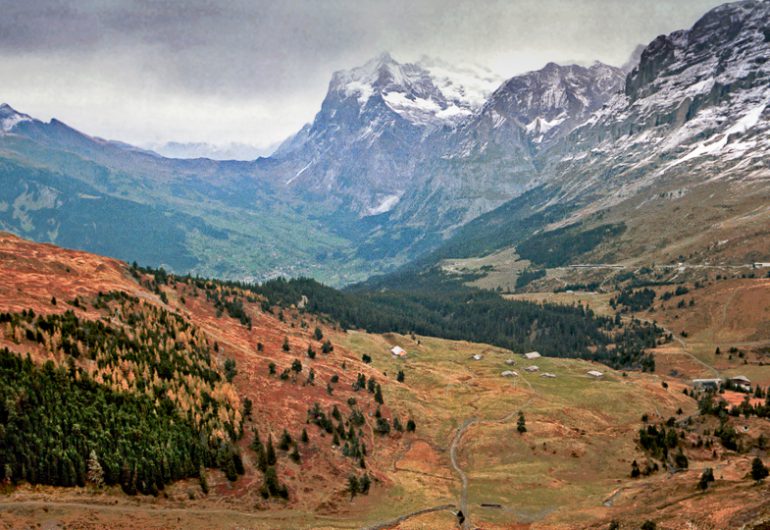
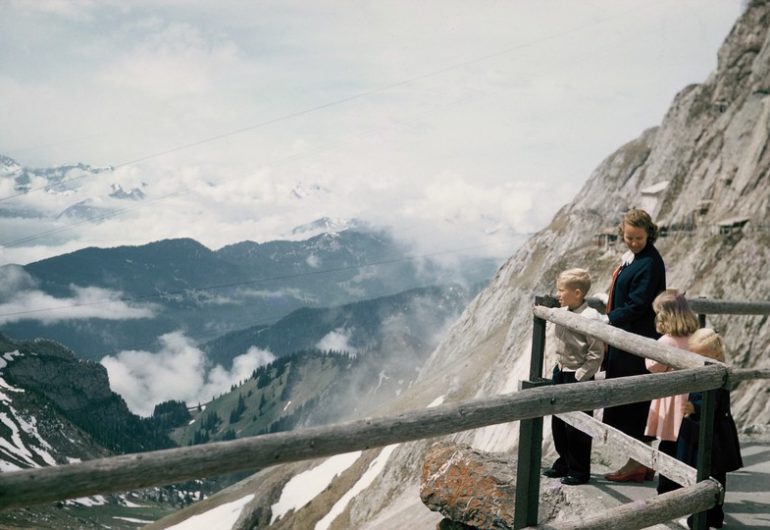
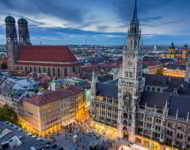
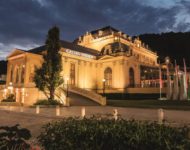

 +91-9815423555
+91-9815423555 info@globalbeeholidays.com
info@globalbeeholidays.com
